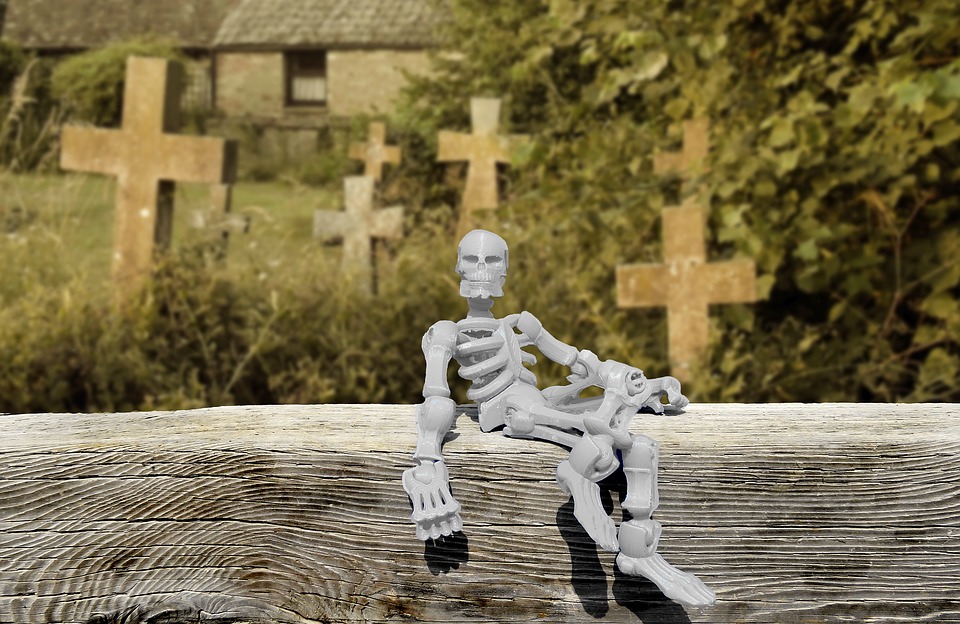By all accounts, it’s a ripping yarn. So why won’t the RACGP let a history of the great college split see the light of day?
A history of the RACGP membership split of the 1990s has been buried by the college leadership for two years, for reasons that are unclear to the author and the rural doctors’ movement that sprang from the rupture.
Dr Max Kamien, a longstanding RACGP member and stalwart of its Archives Committee, says he accepted a commission to write about the tumult that led rural doctors to break away and form ACRRM in 1997, after a freelance historian had made a “brave attempt”.
The historian, Fay Woodhouse, had been engaged by the National Rural Faculty (NRF), as it was then, and she set out to write a “celebratory essay” to mark the faculty’s 20th anniversary, Dr Kamien wrote in his introduction.
“She pointed out that an examination of the upheavals of the 1990s was fundamental to any examination of the history and development of the NRF and could not be ignored or minimised.” However, she was unable to obtain interviews with key protagonists.
Dr Kamien travelled widely from his base in Perth doing first-hand interviews with the major players. The result is an engaging blow-by-blow account of the prolonged dispute over training and demands for a separate rural faculty that led finally to the split.
“I was not sitting in judgment. I was trying to get into the way people thought at that time,” Dr Kamien told The Medical Republic when approached to explain the fate of the project.
“As I say at the beginning, every one of the people that I interviewed was hospitable. I often stayed at their houses in the country, and I would be very happy to have any single one of them as my own GP.”
He delivered the final manuscript in December 2016. He understood the rural faculty, after some initial concerns, recommended to the RACGP Council it be published, but there it came to dead stop.
No-one has told him why. He takes this as a “great discourtesy” which has led him to reconsider his role on the archives committee.
“I have yet to come across anybody who says it’s unfair. Most of the protagonists at the time … read it and say, well, it’s a very fair representation,” Dr Kamien said.
“A few of (the interviewees) will stick to their interpretation of the story, and that’s fine. I just thought it was the most important event that had occurred in the college of GPs, ever.”
Dr Kamien, an emeritus professor of general practice who has authored ground-breaking research on rural workforce issues in WA, said he was “pretty sure” the document would eventually go up on the RACGP’s history pages, as originally planned.
At one point he asked the college to give up copyright so the work could be shared with members of ACRRM and the GPDU social media group, but he was told it would appear in the open-access history section of the RACGP website.
He had also thought releasing the work would be a gesture of goodwill, as the two colleges were now cooperating on a rural workforce training plan under National Rural Health Commissioner Professor Paul Worley.
In some circles, the RACGP’s stance is seen as showing a painful sensitivity about old rivalries and interpretations of long-ago events, which may be resolved under new leadership. Asked to comment for this story, current RACGP President Dr Harry Nespolon said only that a “potential libel issue” was behind the two-year delay.
ACRRM President Dr Ewen McPhee said the two colleges were now moving into a new partnership on rural generalist training under an accord led by Professor Worley.
“It is history, and I think Max Kamien’s work has put a line underneath it,” he said, referring to the revolt of more than 20 years ago.
“Both colleges have learned from that episode in history, and we are rewriting our relationship through the Collingrove Agreement,” he said.
Another influential rural GP, Dr Paul Mara, said Dr Kamien’s document was an “honest attempt to dissect an important and ongoing issue”.
But it also showed that the drivers of the rural workforce crisis were misunderstood, including by some rural doctors.
It would require a lot more than just the RACGP and ACRRM getting along to resolve the issues, he said.


